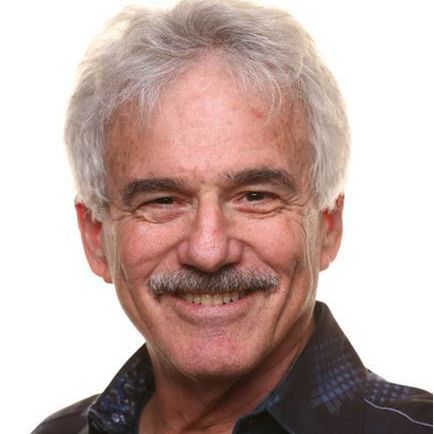
Mark Smith MD
Mark Smith, MD, is Chief Innovation Officer of MedStar Health and the Director of the MedStar Institute for Innovation (MI2), where he leads a system-wide initiative to catalyze and foster innovation. Dr. Smith is also professor and immediate past chair of emergency medicine at the Georgetown University School of Medicine.
Prior to his appointment as director of MI2, Dr. Smith served as chair of the department of emergency medicine at MedStar Washington Hospital Center for 14 years and as chair of MedStar Emergency Physicians.
Dr. Smith received his Bachelor of Arts in mathematics, philosophy, and psychology with highest honors from Swarthmore College and a master's degree in computer science from Stanford University.
His medical degree is from Yale University School of Medicine. Dr. Smith completed an internship in medicine at George Washington University Medical Center and a residency in emergency medicine at Georgetown University Hospital. He is board certified in emergency medicine and is a fellow of the American College of Emergency Physicians.
Dr. Smith’s interests include digital health, data science, complex systems theory, information visualization, catalyzing sustainable and selforganizing change that is for the better, and scaling that change within and across large systems. The MedStar Institute for Innovation includes a center for human factors in healthcare; a simulation training and education enterprise; initiatives in consumer health, mobile health, and telehealth; platforms for training in innovation, design, creativity, and influence; collaborations with start-ups and others in the healthcare space; and a technology commercialization capability.
Prior to his work at MI2, Dr. Smith was the cofounder of Project ER One, MedStar Washington Hospital Center's initiative to develop the design specifications for an all-risks ready emergency care facility for mass casualty incidents. He is the co-creator of MedStar Health's innovative Azyxxi / Amalga clinical information system, which has been in continuous use at MedStar hospitals for 22 years and is utilized in other hospitals in the United States. He has authored numerous journal articles and two textbooks in the field of emergency medicine; served on federal advisory groups in the fields of cardiac care, disaster response, and innovation; and helped to develop large programs in clinical simulation and human factors in healthcare.
